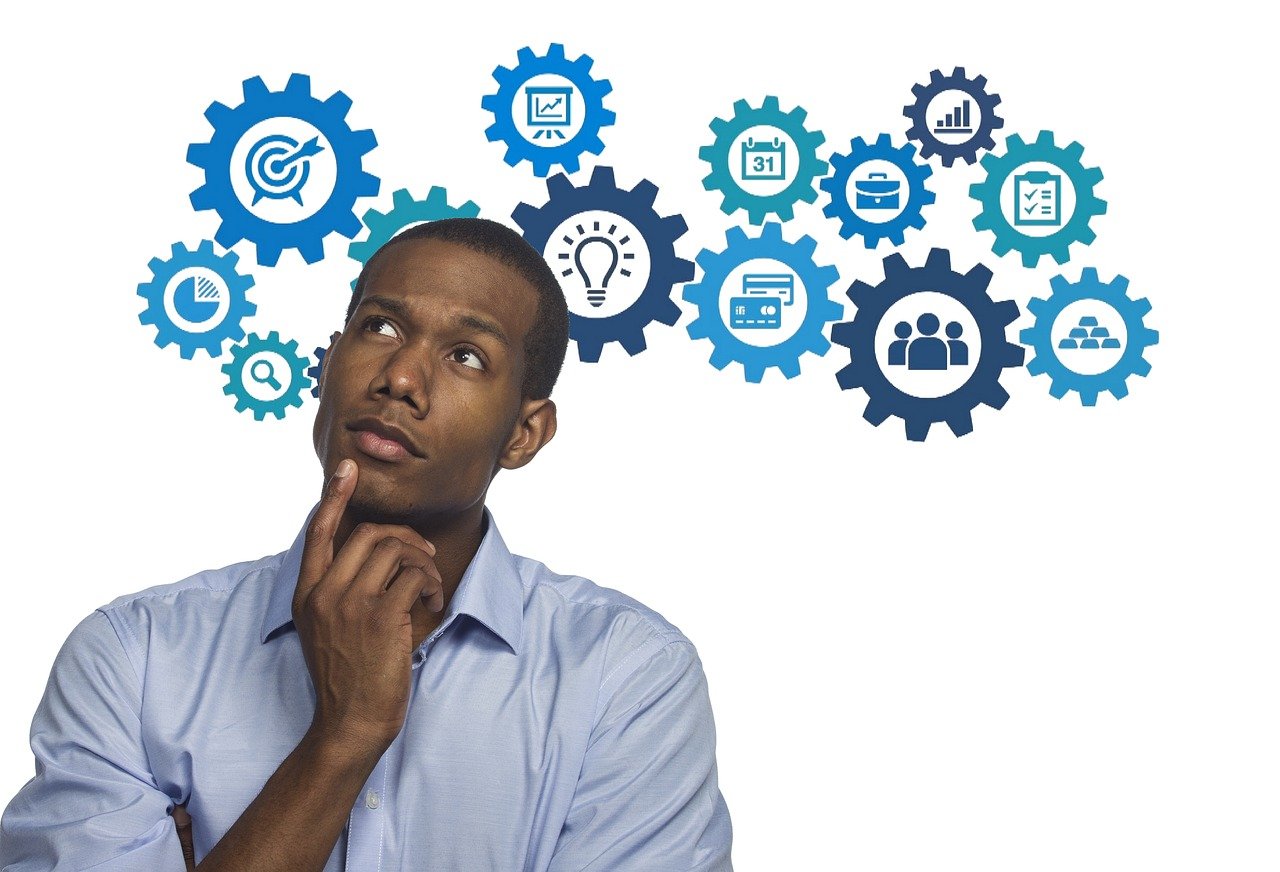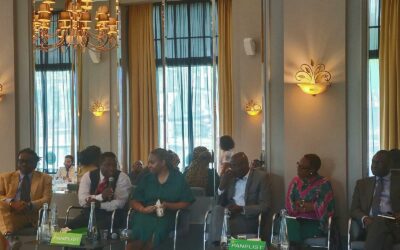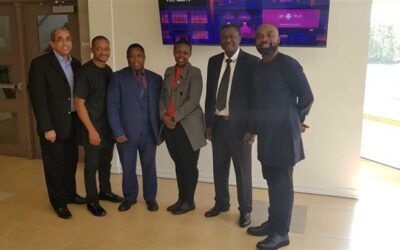– What led iDiaspora to work with ADEPT on migration/development projects or actions? What is the added value of such collaboration/partnership?
iDiaspora is a world-class digital knowledge and collaboration hub funded by the IOM Development Fund to empower and support both diaspora communities and those looking to engage with them. ADEPT’s mission is to amplify the influence and impact of African diaspora individuals and development organisations in Africa and Europe. Both organisations aim to empower members of transnational communities through knowledge sharing, capacity building efforts and the recognition of their work. Diasporas have the potential to contribute to development in multiple societies.
iDiaspora and ADEPT recognise the potential of diasporas for development. Transnational communities have invaluable knowledge and expertise to create development initiatives, approach key partners from different countries and understand the local dynamics of different localities. Learning from diasporic individuals in development is key because they usually act as bridges between multiple locations. Their social capital including their professional experiences, connections, language skills and understanding of multiple social and cultural systems represent a great opportunity for development. Diasporas are flexible and adaptable agents with the potential to advice and refine development initiatives targeting the communities where they belong to.
Specifically, iDiaspora saw a great value in partnering with ADEPT because it represents a regional platform of diaspora organizations, both in the sense of origin (Africa) and residence (Europe) rather than an individual organisation catering to a particular nationality in a given country. In this way iDiaspora could aim to provide tools and address gaps that this wider group, the African diaspora in Europe, might identify through ADEPT’s structures before attempting to scale these to address the more varied needs of diasporas more globally. Early on iDiaspora took a strategic decision to engage with the African diaspora in Europe as there was clear interest from local stakeholders on both sides of the migratory trajectory to promote diasporas’ role in development.
– Which steps should be taken to bring such partnership/collaboration to the next level? According to you, what major challenges must be overcome?
iDiaspora and ADEPT have collaborated in multiple global initiatives such as the organisation of virtual events, the coordination of an online course and a publication. iDiaspora and ADEPT have the potential to keep collaborating to empower diasporas as development actors both by creating new opportunities for young members of diasporas and by raising awareness about the multiple economic, social, human, and capital contributions of transnational communities. In terms of next steps, iDiaspora would see value in creating more opportunities for ADEPT’s members to provide inputs and recommendation on how the platform can be improved on the one side and to provide members with training and orientation on how to utilise the existing features and functionalities.
– In your view, what unexplored role could or should ADEPT and/or its members play in development?
ADEPT and its partners constitute an active and dynamic network of actors working towards diaspora empowerment. The network has developed a solid strategic approach to engage with diasporas and support them in their positioning as key players and in the visibility of their work. In addition, the network has a wide range of experts that support African diasporas through technical and financial support. ADEPT’s network constitutes an important element for the future visibility of diaspora’s contributions in both Europe and Africa.
– Do you have a message for the African diaspora?
African diasporas and their young members have the creativity, talent, and adaptability to engage in multiple spaces to contribute to sustainable development. In particular, digital hubs enable diasporas to express their ideas and connect with relevant stakeholders working on development. We need to take advantage of the era of hyperconnectivity to better listen to the diasporas’ ideas and contributions to further integrate them into the policy development processes.




